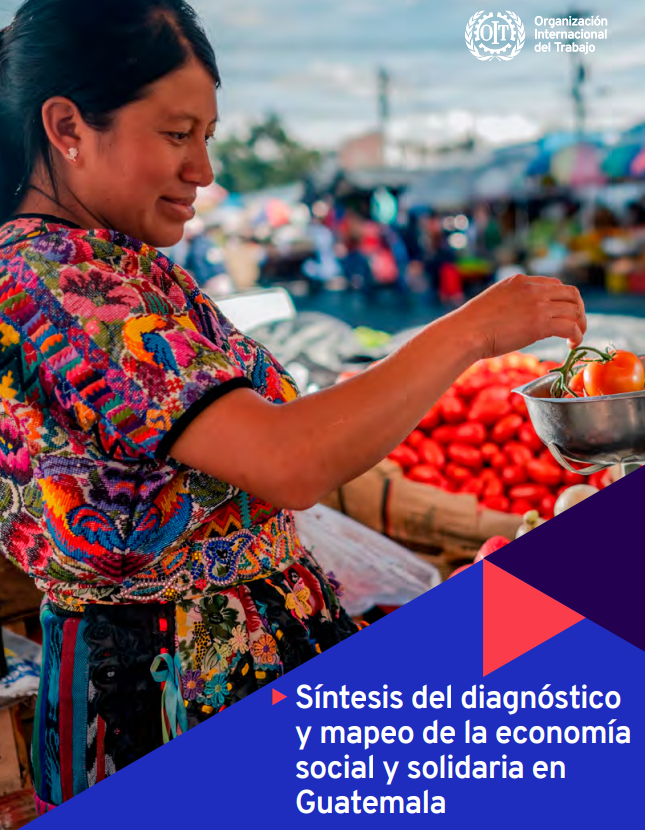
The International Labour Organization (ILO), in collaboration with Guatemala’s Ministry of Economy, has published the “Summary of the diagnostic and mapping of the social and solidarity economy in Guatemala”, a key document that highlights the transformative role of SSE in the country.
The study presents the Social and Solidarity Economy as a set of entities that combine economic, social, and environmental objectives, guided by principles of cooperation, mutual aid, and democratic participation, in line with the definition adopted in the ILO Resolution on Decent Work and SSE (2022).
The publication provides an overview of the sector, including the contributions of SSE organizations to the local economy and their role in building resilient and inclusive communities. It also offers concrete recommendations to strengthen the capacities of key stakeholders —the State, trade unions, employers’ organizations, and development partners— and to promote joint efforts to advance SSE in Guatemala.
RIPESS welcomes this milestone as a clear sign of growing institutional recognition of SSE in Latin America. This diagnostic not only provides valuable data, but also paves the way for the design of inclusive and sustainable public policies, acknowledging the work of networks such as RIPESS LAC, PECOSOL, and organizations like ADAM, which have been instrumental in promoting alternative economic models in the region.
This document is a strategic and accessible tool for all those interested in understanding the key features of SSE in Guatemala and the actions needed to strengthen it.
Read the full publication here.


